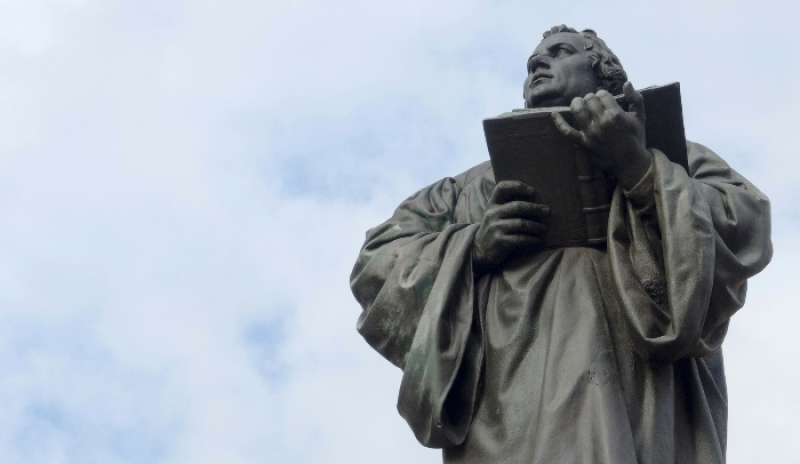
More Germans identify as religiously unaffiliated than as Roman Catholics or Protestants, marking the first time in modern German history. This finding comes from a new survey published by the Weltanschauungen research group (Fowid) and reported by Evangelical Focus.
The 2024 data indicates that 47% of Germany’s population—approximately 39 million people—consider themselves to have no religious affiliation, while the combined number of Protestants and Roman Catholics stands at 38 million, or 45% of the population.
In 2024 alone, both the Roman Catholic and Protestant churches recorded the departure of about 580,000 members each, marking the fourth time in recent years that the two churches together lost over one million members within a single year.
Currently, Roman Catholics make up 24% of the population, while Protestants affiliated with the Evangelical Church in Germany (EKD) account for 21%. According to Fowid, Protestants had experienced steeper membership declines in the years leading up to 2020. However, from 2021 to 2023, the Roman Catholic Church faced greater losses, a trend that continued into 2024.
Muslims constitute 3.9% of the German population, with other religious communities representing 4.1%. The number of Muslims increased by approximately 80,000 last year, according to asylum application data reported in the Federal Office for Migration and Refugees’ 2024 Annual Report.
The survey also examined church attendance patterns, finding that only 5% of Germans attend a religious service at least once a month. Among Roman Catholics, 6.6% reported attending monthly services, while that figure was significantly lower for EKD Protestant churches at 2.3%. In contrast, about 25% of Muslims were reported to attend mosques for Friday prayers or other regular services.
Further highlighting the trends, the survey noted higher levels of religious practice among smaller religious communities. Although official church members showed relatively low participation, nearly half of those in smaller faith groups attend services regularly, indicating a more engaged practice within these communities.



















